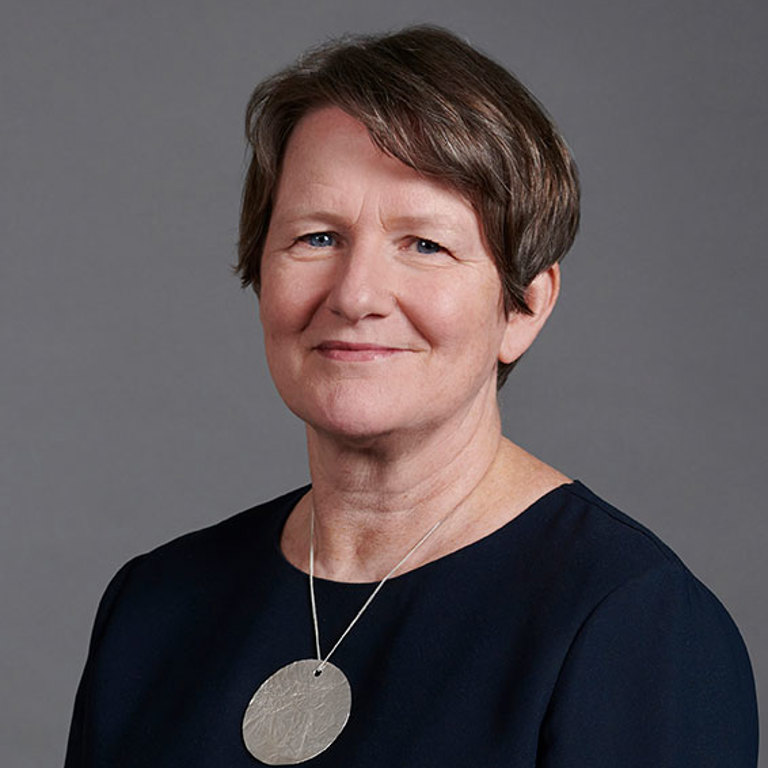Pensions Essentials - October 2025
Download PDF
|
A very warm welcome to our latest edition of Pensions Essentials. This edition covers the latest developments in relation to collective defined contribution schemes, although we go into more detail in our recent briefing. In addition, we also cover a recent case on unravelling a buy-in, an interesting Ombudsman determination on transfers and what the statutory requirements are, a reminder from HMRC on the tax position where members want to unravel lump sums and some interesting insights from the Pensions Regulator in relation to current trends in both the DB and DC markets. If you are looking for more pensions content, have a look at our blog, Pensions Pointers where members of the team talk about things they are seeing in practice. Our most recent article takes a look at trustee protections on wind-up and how they can sleep at night. In addition, if you prefer to listen to updates rather than reading them, check out our Pensions on Air podcast. It follows on from each monthly edition of Pensions Essentials and consists of 15 minute episodes diving into key recent developments. If you have any colleagues who would like to sign up for our communications, please do email us. |
Chris
|
This material is provided for general information only. It does not constitute legal or other professional advice.
If you would like to discuss any of the above in more details, please contact your relationship partner or speak to one of the contacts below.






Watch list
For upcoming developments see our Pensions: What's coming page.
No |
Topic |
Details |
Relevant dates |
| 1 |
Collective defined contribution schemes |
The Government has issued draft regulations permitting CDC schemes for unconnected employers, paving the way for commercial providers to offer such schemes. It has also consulted on the possibility of allowing trustees to select retirement only CDC arrangements as a default retirement option for members. |
Regulations intended to come into force in July 2026 on unconnected employer CDC. |
| 2 |
Dashboards |
Trustees of the majority of registrable UK schemes with active and/or deferred members will need to ensure that their scheme is connected to the dashboard eco-system over the next 12 months. |
Compulsory connection deadline of 31 October 2026 for schemes with 100+ active and/or deferred members at year end between 1 April 2023 and 31 March 2024. Detailed staging timetable set out in DWP guidance. |
| 3 |
Decumulation options - DC |
The Pension Schemes Bill will require trustees to provide access to a default retirement solution for DC members. |
Provisions in Pension Schemes Bill due to be enacted in 2026 with regulations also anticipated in 2026. Phased implementation from 2027. |
| 4 |
Default funds – DC |
The Pension Schemes Bill will require multi-employer master trusts and GPPs used for auto-enrolment to have a main default fund with assets of £25 billion. It also sets out a regime for the approval and supervision of such funds. |
Provisions in Pension Schemes Bill due to be enacted in 2026. Requirements in force in 2030 with transitional provisions to 2035. |
| 5 |
Notifiable events on corporate activity – DB |
It appears TPR has ceased work on the notifiable events code of practice so it is not clear whether there will be any further developments. |
No dates are known as to when or if any progress will be made. It seems this change may have been dropped. |
| 6 |
Small pots consolidation – DC |
The Pension Schemes Bill provides for the consolidation of dormant DC pots of £1000 or less. Consolidators are likely to be DC master trusts. |
Provisions in Pension Schemes Bill due to be enacted in 2026. Consolidators selected in 2029 and consolidation to start in 2030. |
| 7 |
Superfunds - DB |
The Pension Schemes Bill sets out a framework for the authorisation and supervision of superfunds and transfers to them. The possibility of a public consolidator is still being considered. |
Provisions in Pension Schemes Bill due to be enacted in 2026 with regulations anticipated in 2027. Coming into force in 2028 alongside a new code of practice.
|
| 8 |
Surplus - DB |
The Pension Schemes Bill will repeal the requirement to have passed a resolution before April 2016 to retain a power to distribute ongoing surplus and include a new statutory power to amend scheme rules to allow a refund. |
Provisions in Pension Schemes Bill due to be enacted in 2026 with draft regulations also anticipated in 2026. Requirements in force in 2027 and guidance issued. |
| 9 |
Tax issues |
Draft legislation has been published in relation to inheritance tax (IHT) on inherited benefits and death benefits (excluding lump sum death in service benefits and dependants’ scheme pensions). |
Final-form legislation is anticipated to be included in the next Finance Bill, to be issued following the 26 November Budget. IHT changes are anticipated from 6 April 2027.
|
| 10 |
Value for money - DC |
Pension Schemes Bill allows for regulations to set out a new value for money framework for occupational pension schemes. |
Provisions in Pension Schemes Bill due to be enacted in 2026 with regulations also anticipated in 2026. First new assessments and published data in 2028. |
| 11 |
Virgin Media regulations - DB |
Pension Schemes Bill will allow actuaries to retrospectively certify an amendment to contracted-out benefits where historic confirmation cannot now be found. |
Bill due to be enacted in 2026. |






